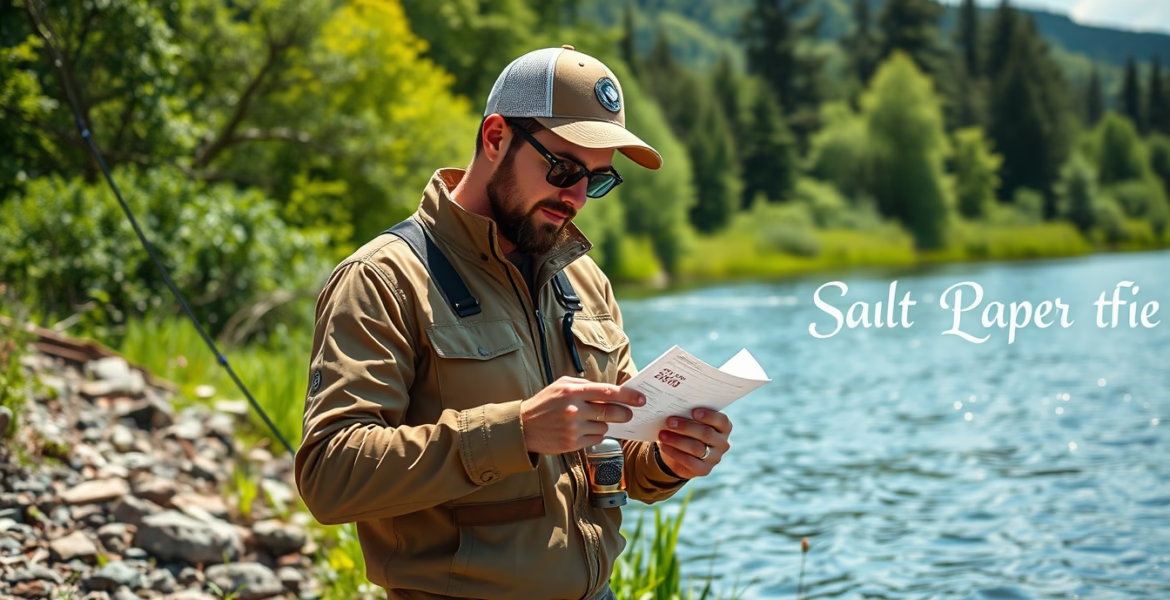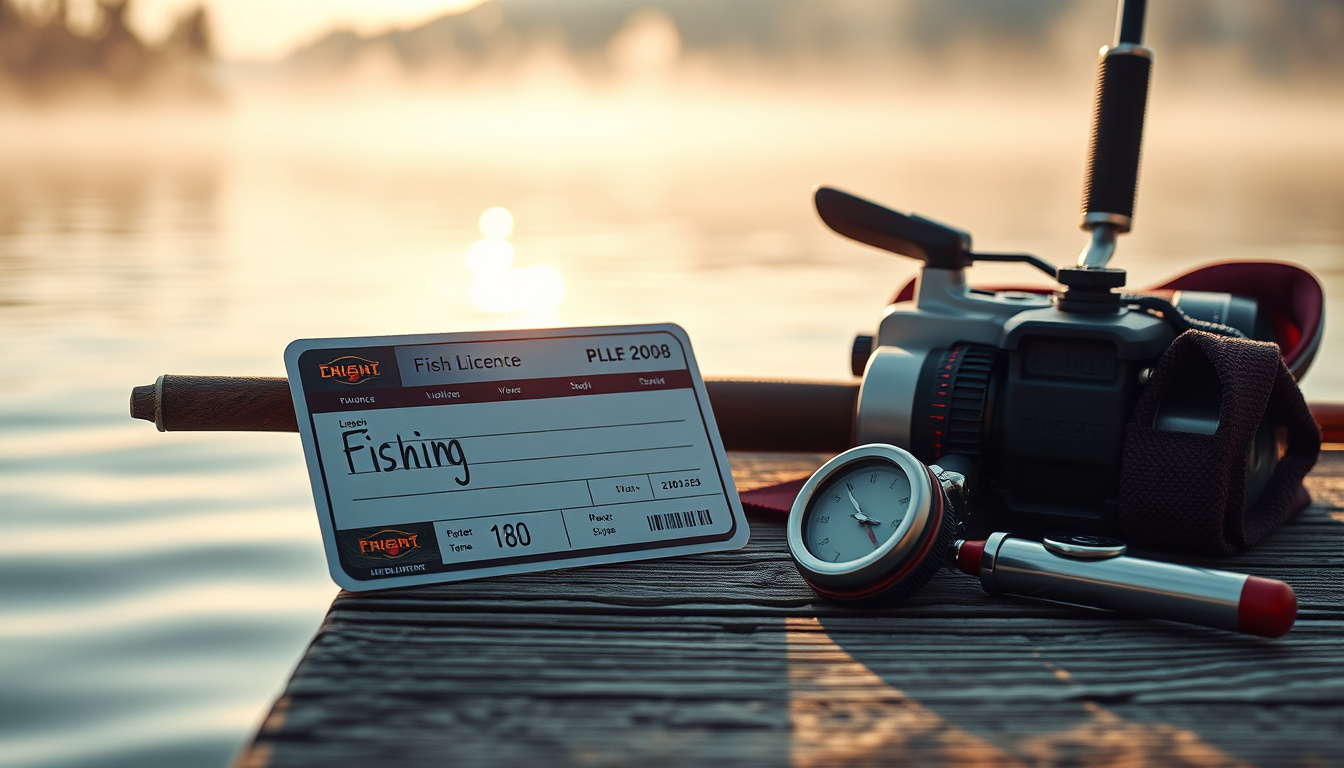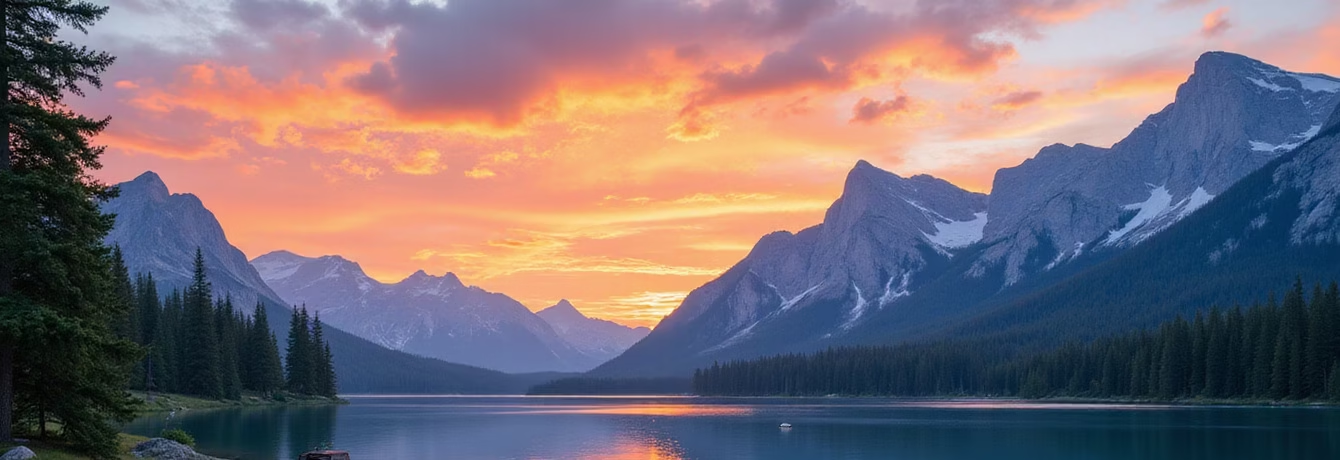
Fishing Licenses Explained: What You Need to Know Before You Fish
On July 14, 2025 by Andy FordWhether you are a skilled angler or planning your first fishing trip, know that fishing licenses matter. Fishing licenses give you permission from local authorities to fish in certain spots and times. If you plan to cast your line, knowing how licenses work helps you avoid fines, guard fish, and enjoy a smooth day on the water.
In this article, we cover what you need to know about fishing licenses. We show where and how to get them, list the rules that come with them, and explain why they help care for the environment.
What Are Fishing Licenses and Why Are They Needed?
Fishing licenses serve three roles:
- They manage rules: Anglers follow local, state, or national fishing rules.
- They support conservation: License fees help care for fish and wildlife.
- They keep fishing sustainable: Licenses help keep fish numbers safe in water.
Without a fishing license, you risk fines and lost gear. Unregulated fishing may cut fish numbers and hurt water areas. Each place sets its own rules. Check those rules before you head out.
Who Needs a Fishing License?
Almost every state and many nations require a fishing license for public waters. This covers:
- Locals and visitors
- Adults and older children (often those 16 and up)
- Anglers who fish for fun or food
Some people may not need a license. These include:
- Kids (often under 16)
- Older adults
- Those fishing on private water or land with permission
- People on free fishing days or special events
Check the rules for your area to be sure.
Types of Fishing Licenses
Licenses come in many forms:
- Resident Licenses: For locals.
- Non-resident Licenses: For visitors.
- Combo Licenses: Cover both fishing and hunting.
- Short-term Licenses: Valid for a day, week, or month.
- Special Permits: For fishing certain species or in special spots.
Your choice depends on where you live, how long you plan to fish, and what fish you target. For a weekend fishing trip in a new state, a 3-day non-resident license might work best.

How to Get a Fishing License
The process to get a license is simple:
- Check the rules by visiting the official wildlife or fisheries website.
- Pick the license type that fits you.
- Gather what you need—ID, proof of local living, and a payment option.
- Apply online or in person, perhaps at a sporting goods store or government office.
- Receive confirmation—a physical card or a digital copy you can show while fishing.
For example, the U.S. Fish & Wildlife Service shows clear steps and options for each state.
Important Fishing License Rules
Holding a license is the first step. You must also follow these rules:
- Fishing Seasons: Open and closed times to protect fish when they breed.
- Bag Limits: How many fish you may keep.
- Size Limits: The legal size range of fish to keep.
- Fishing Methods: Some gear or bait may not be allowed.
- Reporting: In some areas, list what you catch for records.
Breaking these rules can lead to fines or a loss of license privileges.
Benefits of a Fishing License
A fishing license is more than just a legal need. It also:
- Brings funds to care for water habitats and fish.
- Grants access to managed parks and reserves.
- Supplies useful tips on safe and fair fishing.
- Connects you with local fishing clubs and events.
Quick Checklist Before You Fish
- [ ] Confirm that a fishing license is needed at your spot
- [ ] Pick the right license type
- [ ] Buy your license early (online or in person)
- [ ] Learn the local rules (seasons, limits, methods)
- [ ] Bring your fishing license with you
- [ ] Use approved fishing gear and follow the rules
- [ ] Report your catch when required
FAQ: Fishing Licenses Questions
Q1: Can I fish without a fishing license on public lakes?
A1: Usually, no. Most public lakes need a valid license. Some free fishing days or age rules may allow fishing without one.
Q2: Is a fishing license good only in one state or everywhere?
A2: Licenses work only in the place that issues them. If you fish in different areas, you need a license for each.
Q3: How much does a fishing license cost?
A3: Costs change by region and license type. A local annual license might cost $20–$40, while a non-resident may cost more. Check local prices for details.
Conclusion: Get Your Fishing License and Fish With Care
Fishing licenses help you fish in a legal, safe manner. They guard water life, fund care programs, and let you enjoy fishing for years. Whether you fish often or visit a new spot, getting the right license should come first before your trip.
Don’t risk fines or harm the water—spend a few minutes to secure your fishing license now. Visit your local wildlife agency website or trusted sellers to start. Let every fishing trip be fun and safe!

Leave a Reply